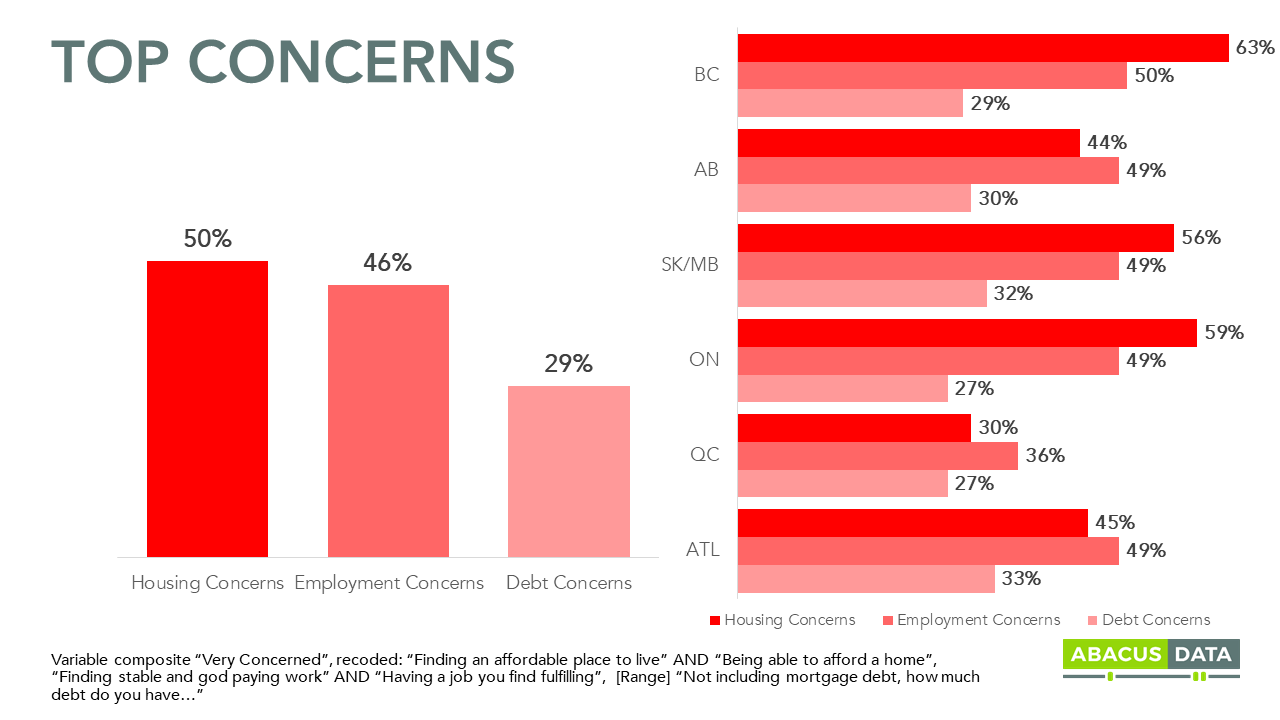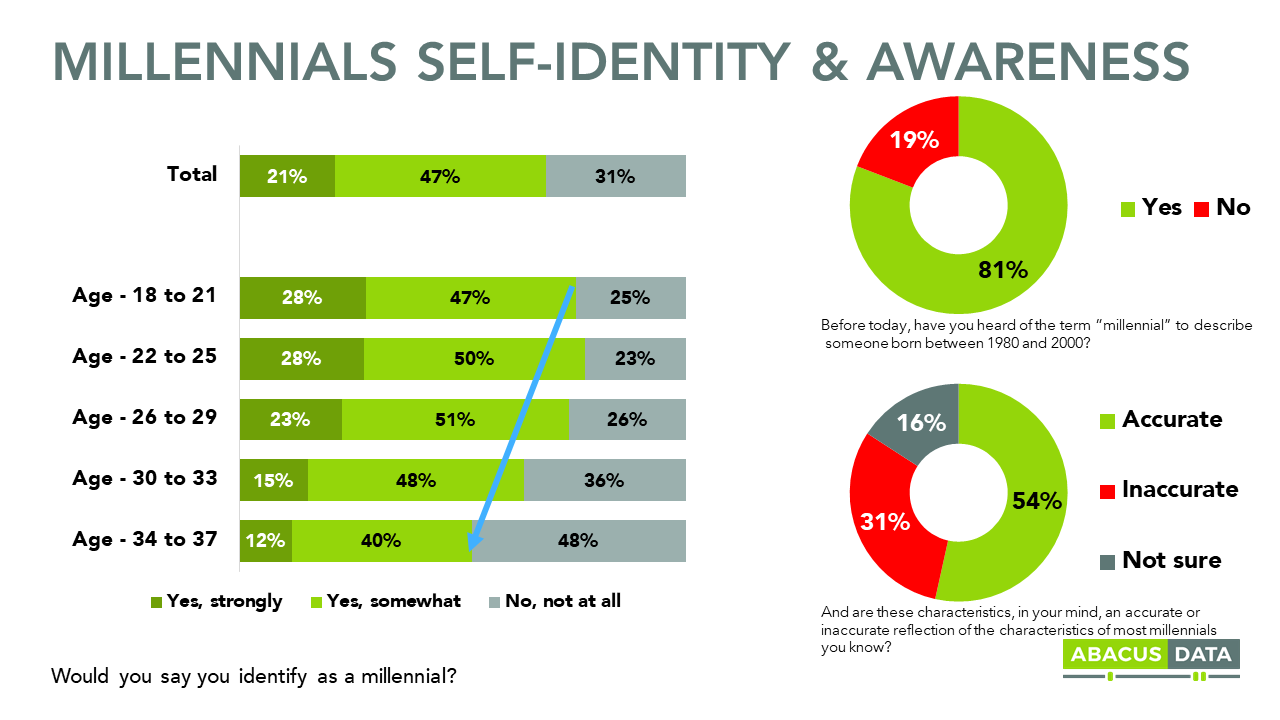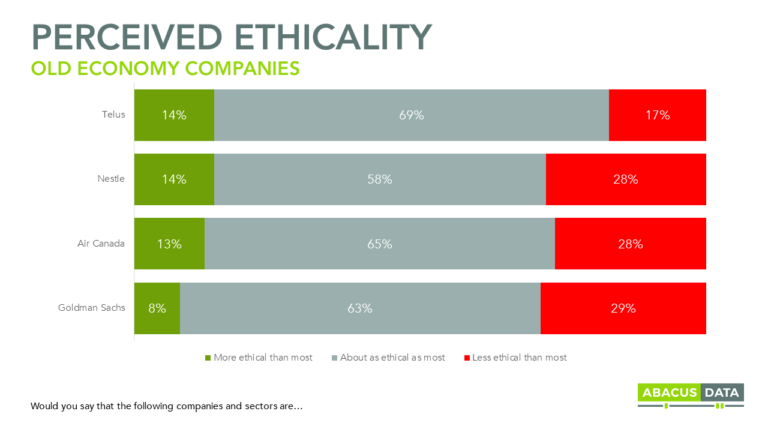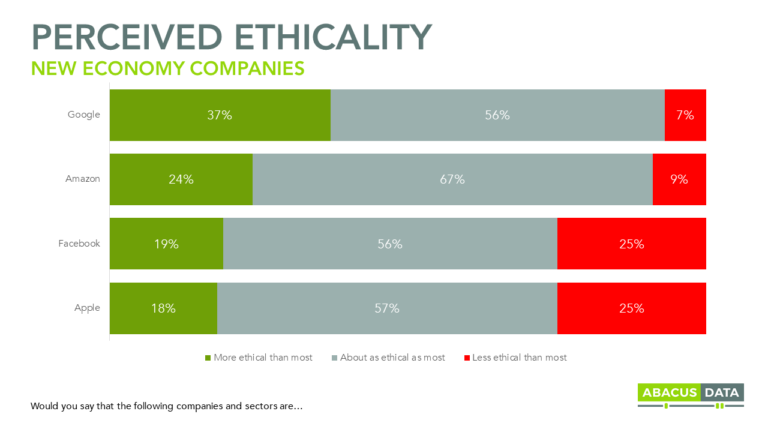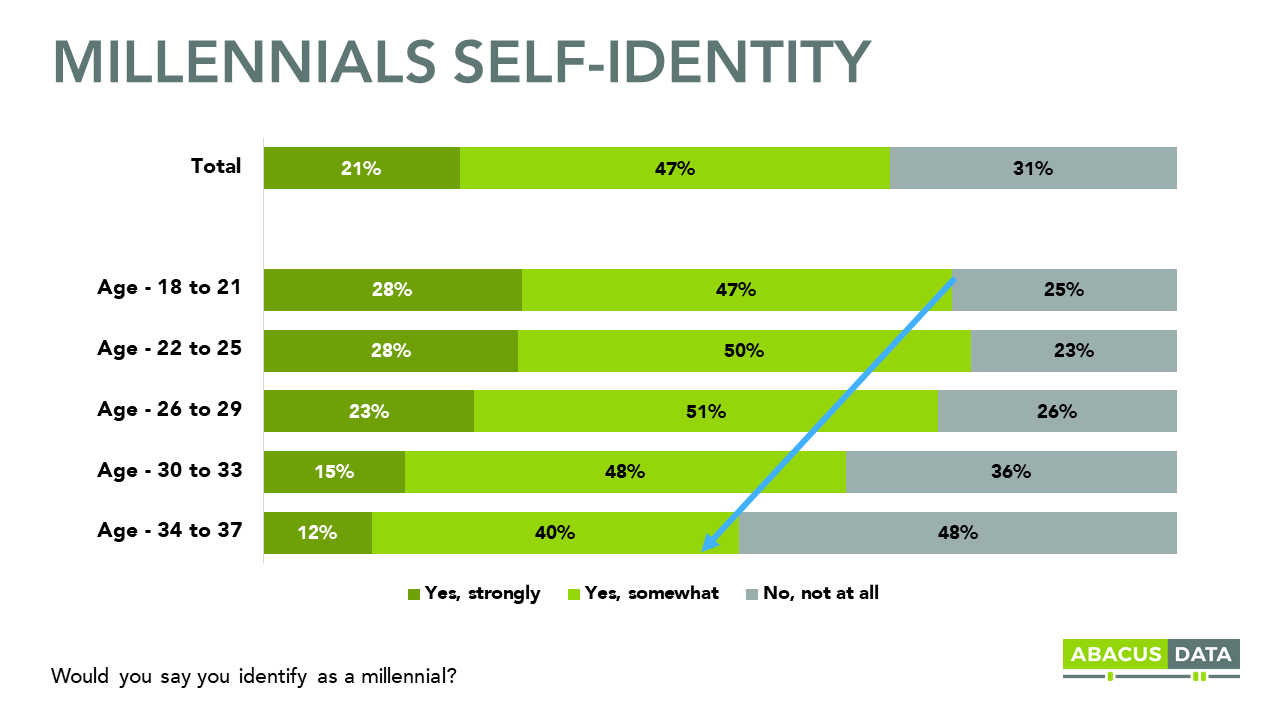Diplomatic, tolerant & ethical. How Canadians think the rest of the world sees our country.
In our latest national survey, we asked Canadians questions about a range of international issues and perceptions.
CANADA’S IMAGE ABROAD
Canadians think the rest of the world sees our country is seen as tolerant (93%) diplomatic (93%) and ethical (88%). The large majority think our country is seen as an example to replicate (79%), rather than to avoid.
We’re less sure whether we are seen as strong (56%), influential (55) or a leader (45%).

Opinion is divided on whether our influence in the world has been increasing or declining.

THREATS TO CANADA
Asked about a range of possible threats to Canada, the one that stands above all others is:
President Trump’s approach to foreign affairs (this poll was taken before the recent application of tariffs on Canadian steel and aluminum).
Climate change also ranked very high, along with Islamic extremism and cyber attacks.
Korea’s and Iran’s nuclear ambitions were about equally threatening.
Relatively few see China’s emergence as a world power as a threat to Canada and the same is true for the prospect of the UK leaving the European Union.

As Canada gets ready to host G7 leaders in Charlevoix Canadians have a clear sense of what should be higher or lower foreign policy priorities for the country:
Protecting the country from terror attacks is rated as a higher priority than the other items we tested. Expanding trade opportunities, fighting global climate change and ending extreme poverty were close behind.
Fewer people attached high priority to improving women’s rights, equality and economic empowerment, strengthening the United Nations, and promoting and defending human rights in other countries.

Men put expanding trade opportunities at the top of the list, while women tended to attach more importance than men to almost all the other items tested.
Younger people put more emphasis on climate change, improving women’s rights and equality, promoting human rights and ending extreme poverty. Older Canadians were more focused on terror and trade.
Liberal and NDP voters are far more likely to prioritize climate change and improving women’s equality compared to Conservative voters. Conservative voters prioritize trade and protecting Canada from terrorism.



THE UPSHOT
According to Bruce Anderson: Canadians feel our country is well regarded around the world, an example worth emulating the way in which we engage and conduct ourselves.
Even before the imposition by President Trump of tariffs against Canadian steel and aluminum, Canadians observe his approach to foreign affairs as a serious threat to Canada’s interests. While Canadians have not liked every President the US has elected, it’s safe to say that there has not been another comparable experience with the leader of our neighbour and top trading partner.
In terms of the foreign policy priorities people care about, protection against terror risks is at the top of the list, but lots of people also want to see a focus on expanding trade, fighting poverty, and combating climate change too.
Younger people like a more expansive agenda and older people are focused on economics and security. The results highlight once again that NDP and Liberal voters are more similar while Conservative voters stand apart from them, notably in their relative disinterest in climate change and gender equality.
According to David Coletto: We as Canadians tend to think the world views us quite positively and global surveys confirm this expectation. We see ourselves as appearing tolerant, diplomatic, and ethical and most feel that if more countries followed our example, the world would be a better place.
But we’re also realists. Many think we are often ignored and four in ten think we’re seen as weak as opposed to strong.
Most striking to me, besides Trump’s ability to focus our attention and concern on his behaviour, is how high global climate change is on our list of perceived threats to Canada. It’s a reminder that while Canadians may not put it highest on a list of priorities for government to act on when compared with health, taxes, or housing, we aren’t ignoring climate changes’ potential threat to Canada. Even one in three Conservative Party voters says global climate change should be a top or high foreign policy priority for Canada.
Methodology
Our survey was conducted online with 1,200 Canadians aged 18 and over from May 24 to 28, 2018. A random sample of panelists was invited to complete the survey from randomly selected Canadian adults who are members of the online panel Maru Voice Canada.
The Marketing Research and Intelligence Association policy limits statements about margins of sampling error for most online surveys. The margin of error for a comparable probability-based random sample of the same size is +/- 2.9%, 19 times out of 20. The data were weighted according to census data to ensure that the sample matched Canada’s population according to age, gender, educational attainment, and region. Totals may not add up to 100 due to rounding.
Abacus Data Inc.
We offer global research capacity with a strong focus on customer service, attention to detail and value-added insight. Our team combines the experience of our Chairman Bruce Anderson, one of Canada’s leading research executives for two decades, with the energy, creativity and research expertise of CEO David Coletto, PhD.










